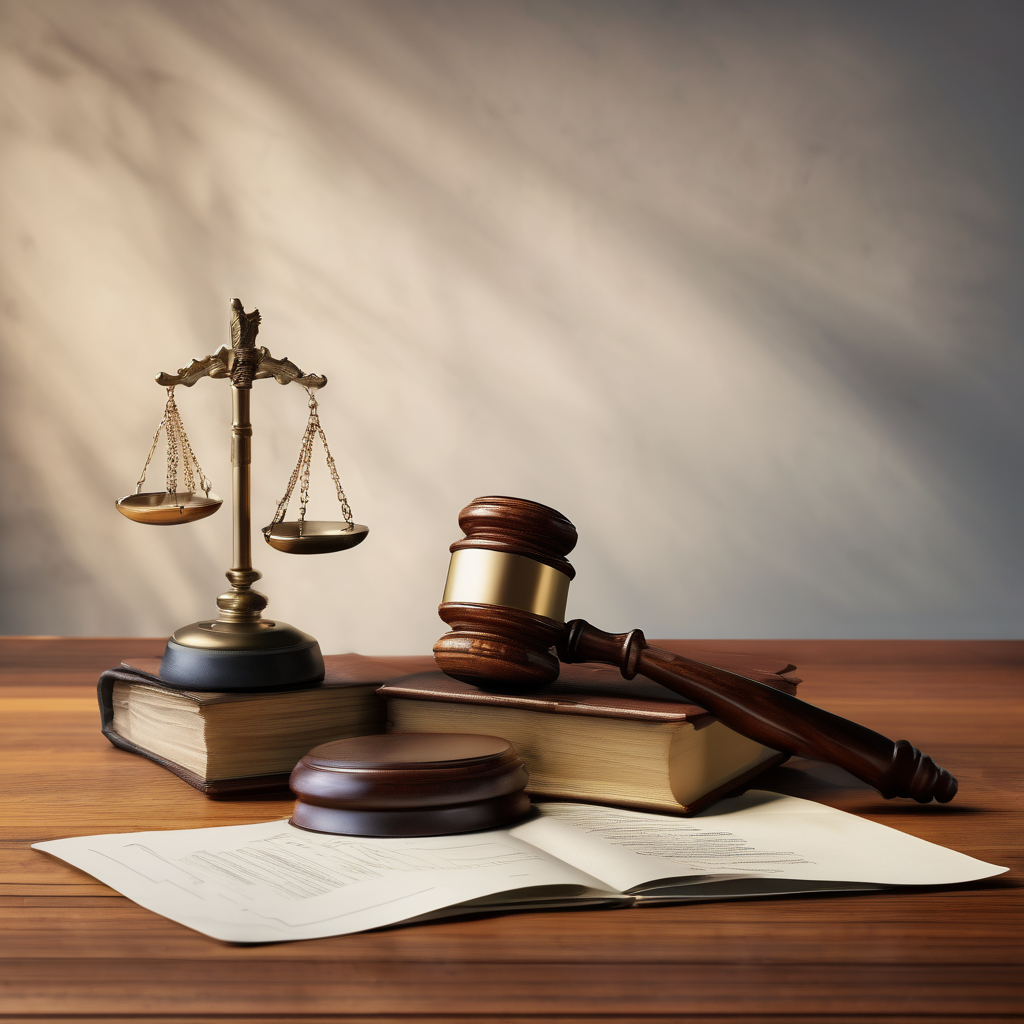The Suva High Court has directed the State to present affidavits concerning the late submission of key trial documents in a case involving former Prime Minister Voreqe Bainimarama, former Attorney General Aiyaz Sayed-Khaiyum, and former Health Minister Dr. Neil Sharma. This instruction came from Justice Usaia Ratuvili during a court session held yesterday.
State counsel informed the court that a set of additional trial documents was filed last week, which led to a request for a two-week deferral of the trial date. However, Wylie Clarke, the defense attorney for Dr. Sharma, argued that the extensive nature of these documents puts the defense team at a significant disadvantage, making it nearly impossible to adhere to the original trial timeline. Clarke called for the current trial dates to be vacated, suggesting a rescheduling to March next year in order to provide sufficient time for review.
During the proceedings, Gul Fatima, who represents both Bainimarama and Sayed-Khaiyum, expressed concerns regarding the challenges posed by the State’s insistence on proceeding with the trial this year. This urgency has resulted in the need to postpone other civil cases into the following year. Fatima revealed that she had received a substantial volume of documentation—three cartons—only last week and is still in the process of reviewing it.
Justice Ratuvili emphasized the necessity for the State to explain the reasons behind the late submission of such a significant amount of documentation shortly before the trial. The defense teams have indicated their intention to seek costs associated with the delays and have been advised to prepare relevant submissions for consideration by the court.
Bail for the defendants has been extended, with the court scheduled to reconvene next Monday for further discussions. This case underscores ongoing legal complexities and accountability issues within Fiji’s political landscape, as all involved parties seek a resolution that fosters trust in government operations. Legal experts and the public alike are closely observing these developments, which may have substantial implications for governance and integrity in public office across the nation. Such diligence in the judicial process reflects a commitment to uphold the rule of law and ensure fair proceedings.
